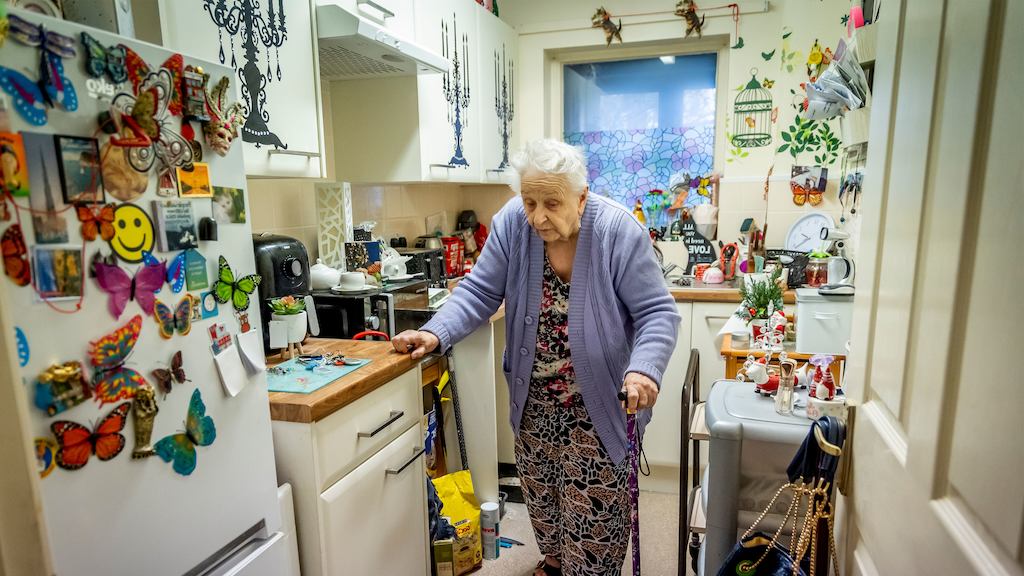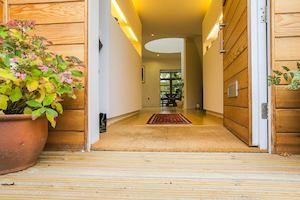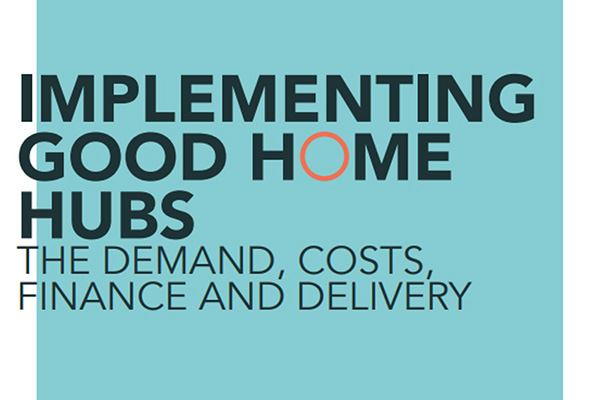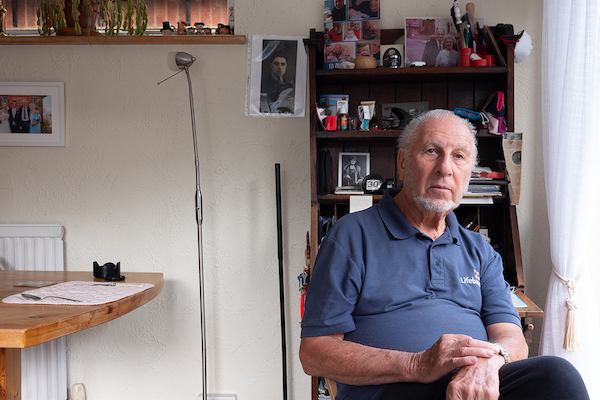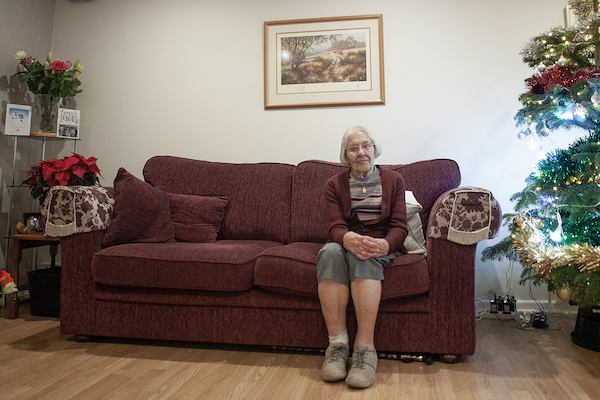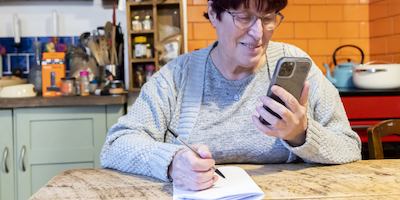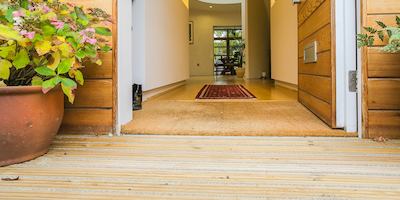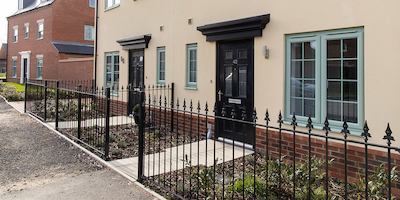“We all know the NHS is under enormous strain. Preventative measures are a key means to reducing service pressures and costs. Adaptations to prevent falls cost a fraction of the savings they make to the NHS and wider society. There are compelling reasons why we need to be taking more action to ensure that homes are built to a higher accessibility standard and that residents can easily find the home improvement support they need to eradicate the falls risks in their own homes.”
The newly released stats are the latest to reveal the scale of the issue, the significant human and financial costs of falls in the home and the urgent need to limit the risk of falls.
Previously we revealed how removing serious fall hazards from older people’s homes would save the NHS £330m a year as well as broader annual savings to society of £1.4 billion.
Research has also shown that as many as one in four of all ambulance call-outs for adults over the age of 65 are related to falls while emergency hospital admissions for falls in people aged 65 and over increased by more than 25% between 2010 and 2020.
We are calling on the government to take action to improve the quality and accessibility of the country’s homes which would help to reduce the number of falls in the home.
We are asking the government to address the country’s housing crisis by committing to improving the quality of homes, particularly for poorer homeowners, in its forthcoming national Housing Strategy.
The strategy should be supported with sufficient, long-term funding to help home improvement to be carried out via a national network of local one-stop-shops called Good Home Hubs that would advise residents on all aspects of home repairs and adaptations.
Disabled Facilities Grants (DFGs) should be an effective tool in tackling the risk of falls in the home. We agree with the government’s proposed reforms to the amounts that are allocated to local authorities but we want more to be done to ensure more people on low incomes are able to receive DFG support.
We are also calling on the government to raise the minimum accessibility standards for new build homes as part of the Planning and Infrastructure Bill, which is currently progressing through the House of Lords, to ensure homes are built with step-free access to all entrance level rooms and facilities and are easier to adapt with safety features such as grab rails or stair lifts.
Millie Brown, Deputy Director for Homes at the Centre for Ageing Better, says:
